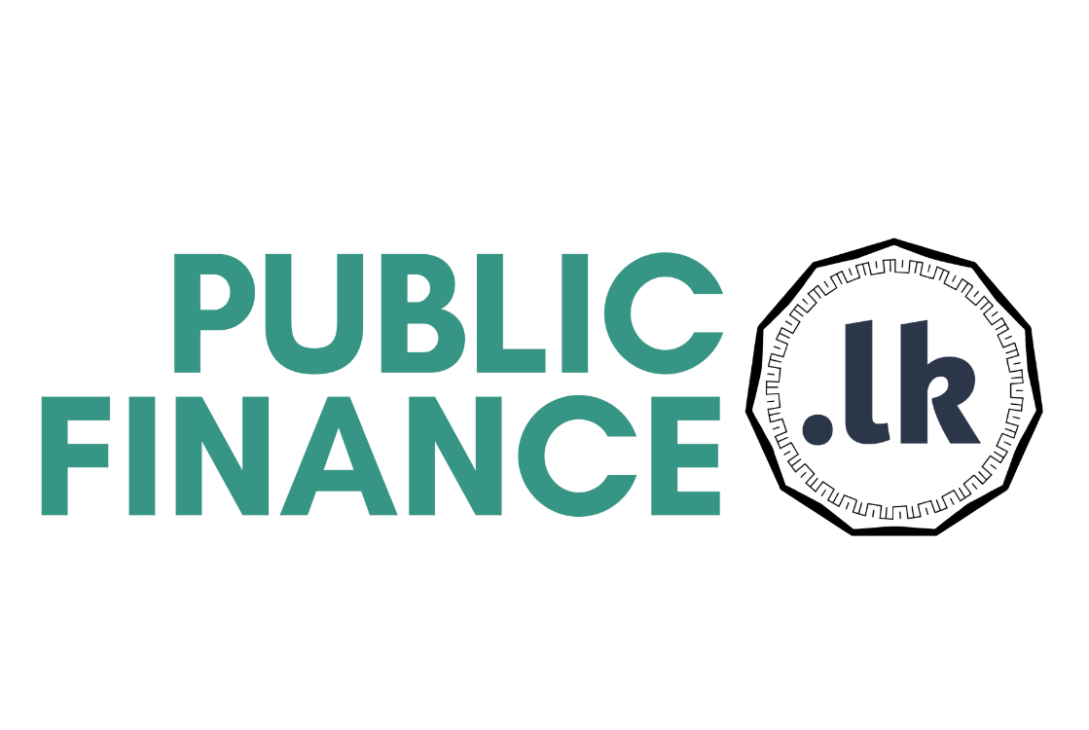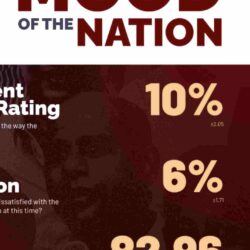The BudgetPromises dashboard on the PublicFinance.lk platform sheds light on two questions about Sri Lanka’s budget: “is the Government doing what it is saying?” and “is the Government saying what it is doing?”
BudgetPromises was launched in 2017 and tracks the progress and openness of key proposals in the budget. For 2020, in the absence of a budget speech, the platform tracked 26 expenditure and regulatory cabinet decisions between January – June 2020 and 8 unfulfilled proposals from the previous budget cycle. The “openness” of regulatory policy decisions was also tracked for the first time.
The openness and progress of proposals were tracked with information obtained from relevant government websites and requests filed under the Right to Information (RTI) Act. There are four highlights to note from this most recent round of tracking implementation.
1. Intensification of the “Closed” Culture
There was a sharp increase in requests under the RTI Act being met with spurious rejections that had no legal basis.
There was poor visibility on the implementation of a significant proportion of cabinet decisions in the observed time period. There was little to no information available to determine the progress of over half the proposals.
BudgetPromises analysed past budgets and found that the proportion of cabinet decisions where ministries provided insufficient information to determine progress in 2020 doubled when compared to the Budget proposals for which ministries provided insufficient information to determine progress in 2019 (The comparison is between budget proposals in 2019 and cabinet decisions in 2020).
2. Increase in Confusion on Responsibility to Implement.
The budget monitoring process revealed that there is a significant breakdown of the lines of responsibility for several proposals. RTI requests were transferred between several implementing agencies—in some instances, multiple times, within departments of the same ministry.
There was increased confusion within agencies about whether or not specific proposal fell within their purview. This severely impeded the information collection process, and might also explain the decline in implementing expenditure proposals.
3. Decline in Disclosure and Implementation of Expenditure Proposals
No information/insufficient information was available to determine the progress of over 67% of cabinet decisions related to expenditure. This is a significant increase from the previous year, when only 41% fell into the same category.
There was also a drastic reduction in the proportion of expenditure proposals that could be classified as fulfilled. It was 32% in 2019 but just 4% in 2020 (assessed on cabinet decisions in 2020). It should be noted that in 2020, Sri Lanka imposed several Covid-19 related lockdowns, which would have created challenges to implementation that did not exist in 2019.
4. Improvement in Implementing Regulatory Proposals
In contrast to poor implementation of expenditure proposals, there was a marked improvement in the implementation of regulatory proposals.
40% of the regulatory cabinet decisions were implemented in 2020, whereas only 18% of the regulatory budget proposals were implemented in 2019.
The Way Forward: Past Recommendations Continue to be Relevant
The BudgetPromises initiative has made several recommendations in the past to improve the path to effective implementation of budget related proposals. These recommendations continue to be relevant:
- Have well-formulated proposals with documented analysis to support the benefit and implementation ability of the proposal
- Limit the fragmentation of ministerial portfolios & ensure a line of accountability is defined and maintained with regard to the implementation of each proposal
- Institute better oversight by executive and legislature (Parliamentary Committees and Parliamentary Budget Office)
- Provide timely and consistent disclosure of information on Ministry websites – implementation tends to improve when better disclosure is practiced.
For more information about each promise tracked, visit Home – Public Finance Sri Lanka Dashboards | Budget Promises
Last modified: October 28, 2023












